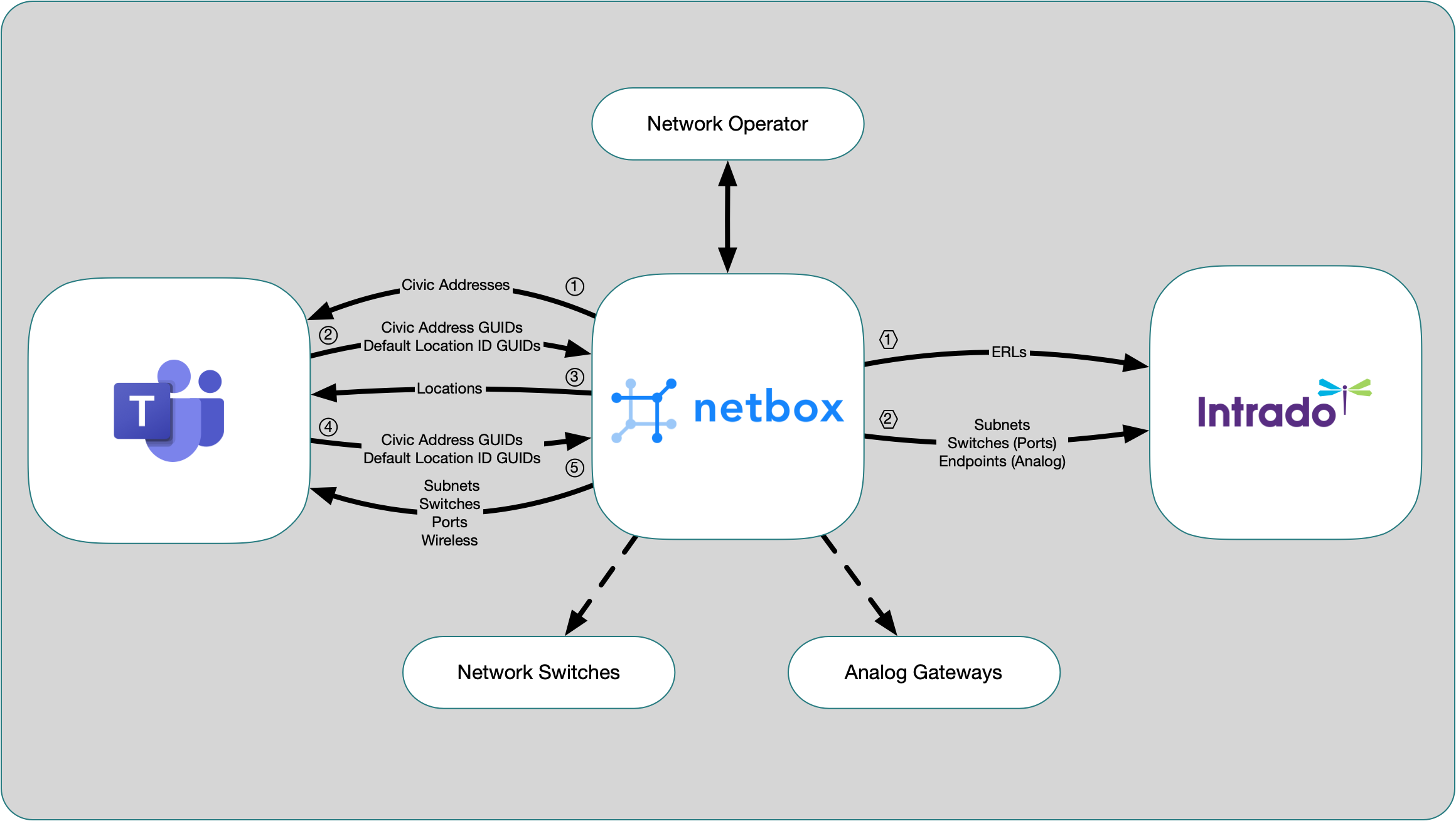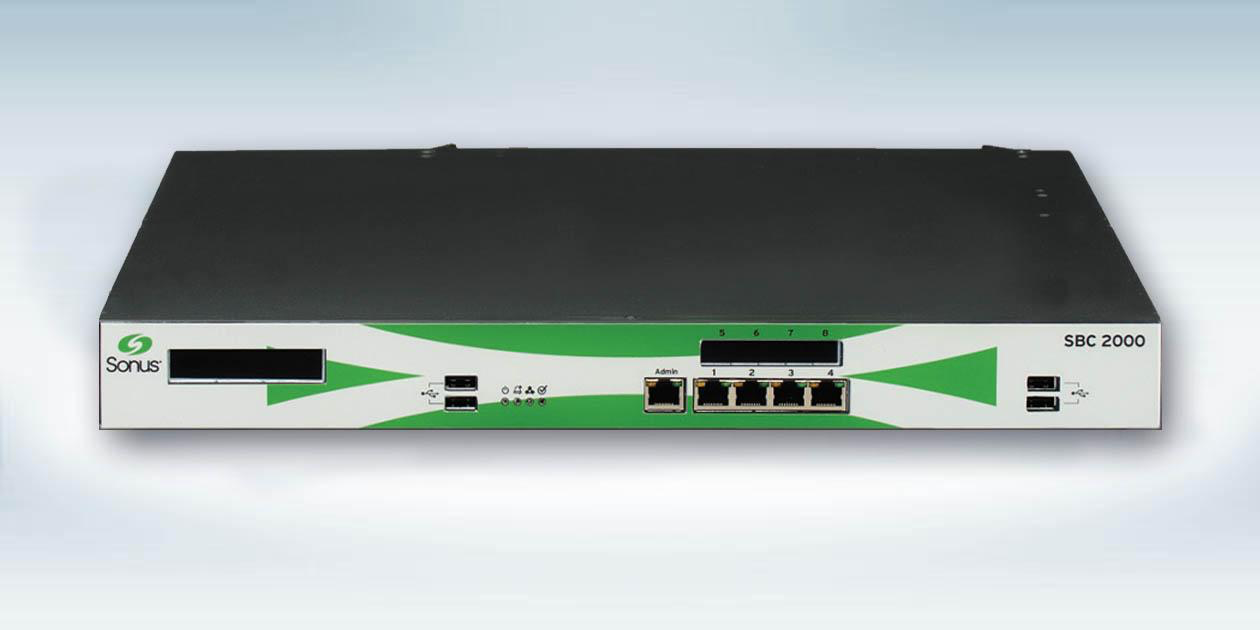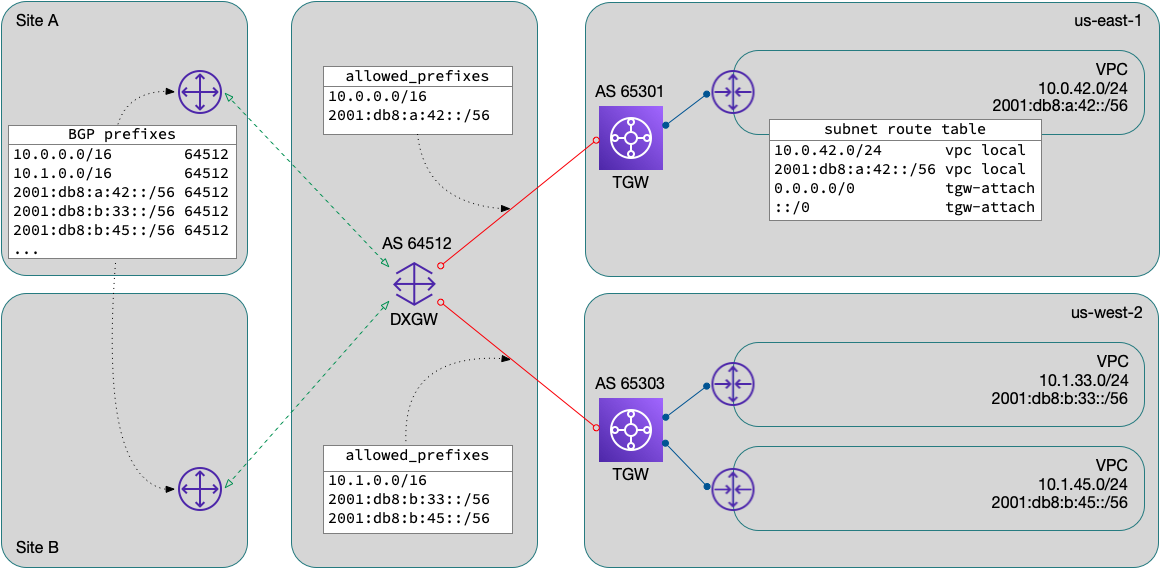
Leaving Bowdoin
After almost 20 years at Bowdoin College, I’ve decided to move on. This has been one of the most difficult decisions of my professional career. I thought it might be nice to mark this milestone – or is “fork in the road” a better metaphor? – with a bit of a retrospective of the projects I have initiated, led, and been involved in. In short, this has been a way for me to reflect on my experiences and process this life transition. ...






 by [RyanMcGuire](https://pixabay.com/users/ryanmcguire-123690/) licensed under [CC0](https://creativecommons.org/publicdomain/zero/1.0/legalcode)](https://www.oasys.net/posts/network-in-ospf-db-but-not-in-rib/cover.jpg)







 by [manfredrichter](https://pixabay.com/users/manfredrichter-4055600/) licensed under [CC0](https://creativecommons.org/publicdomain/zero/1.0/legalcode)](https://www.oasys.net/posts/multi-homed-ec2/split.jpg)



